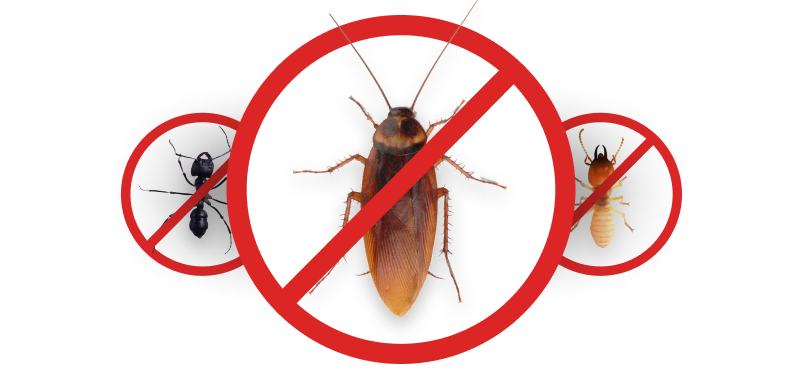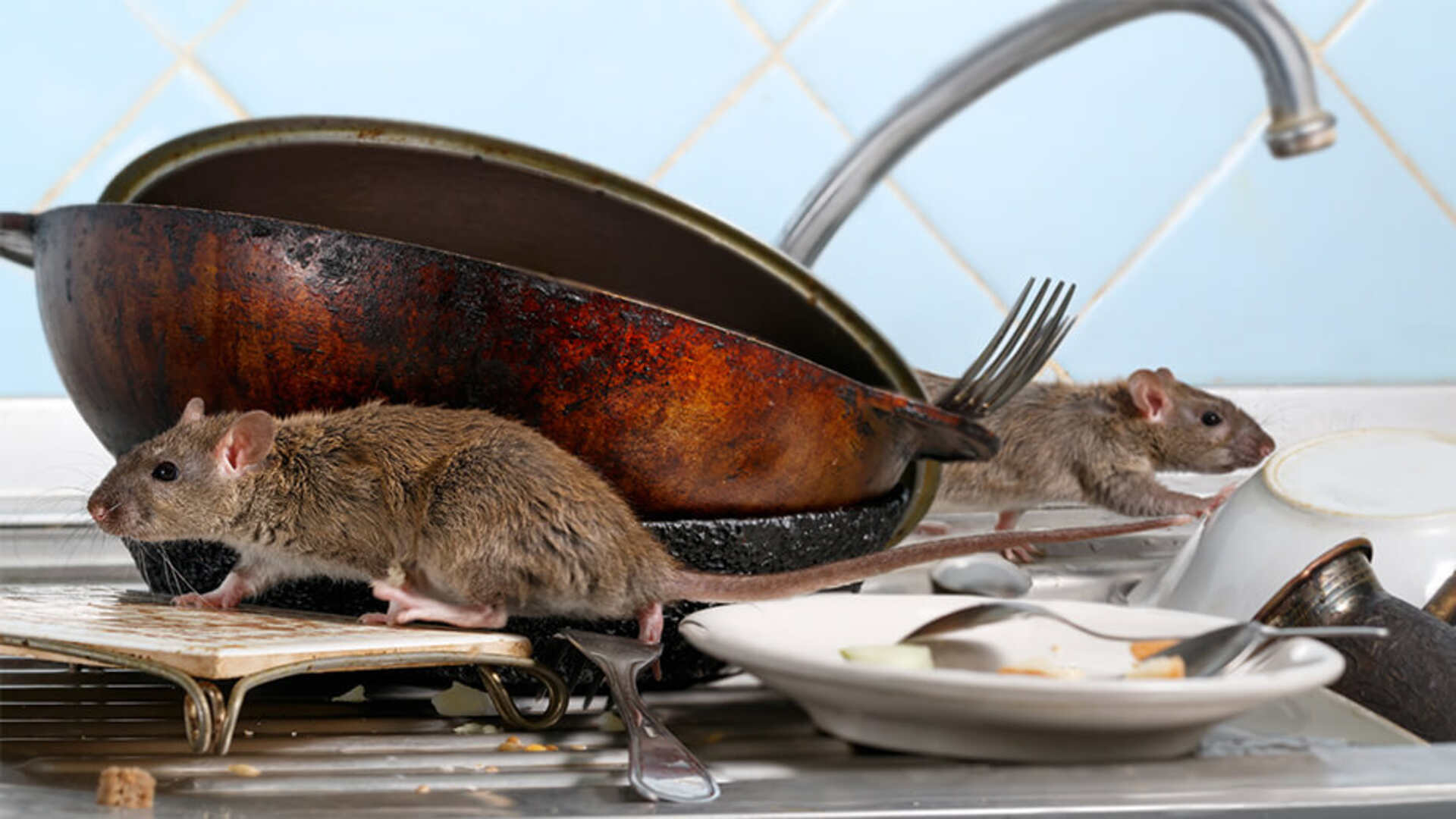
Rodents are drawn to food storage areas. Look for chewed packaging or droppings.
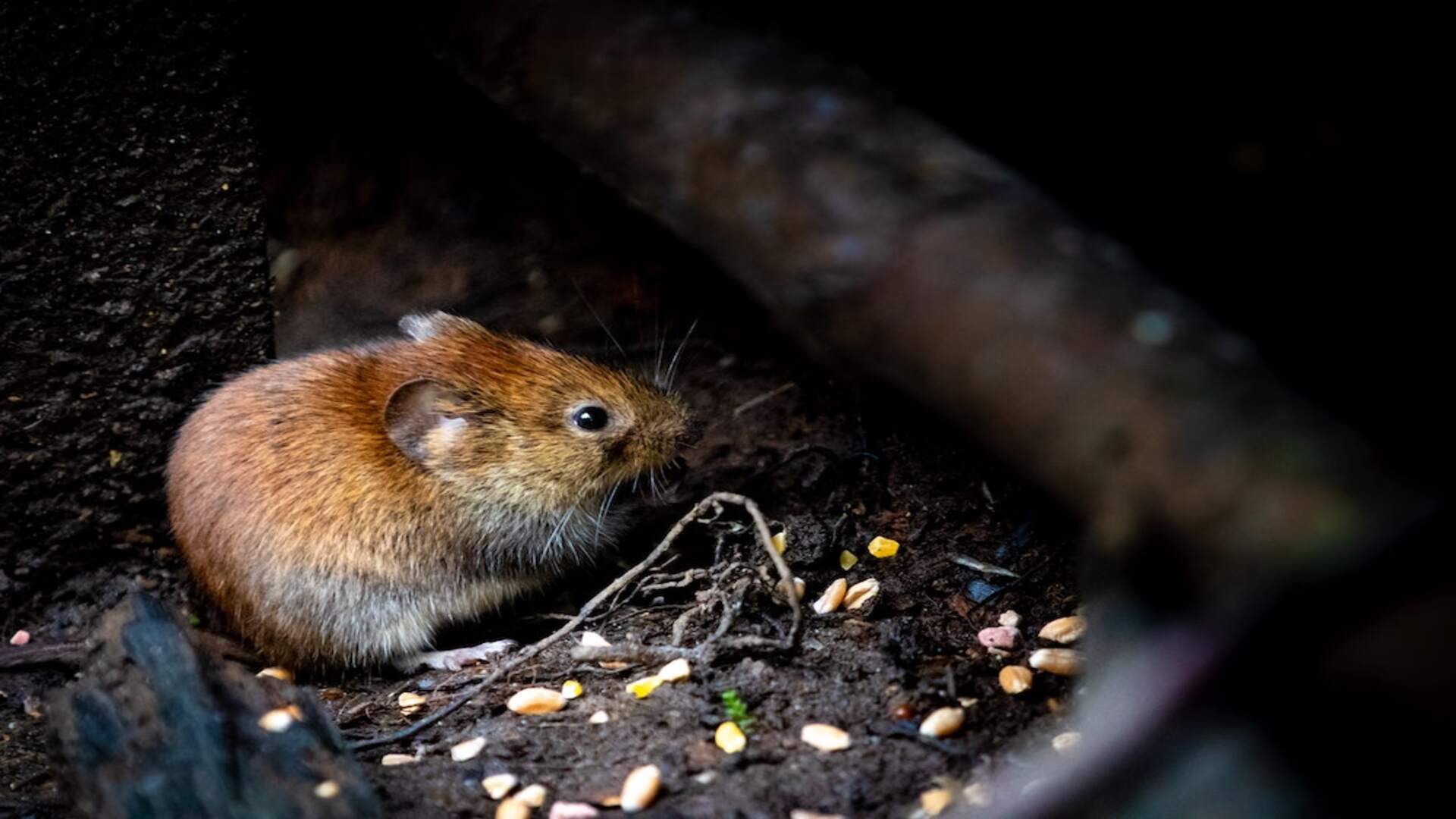
Scratching noises often indicate rodents nesting within walls.
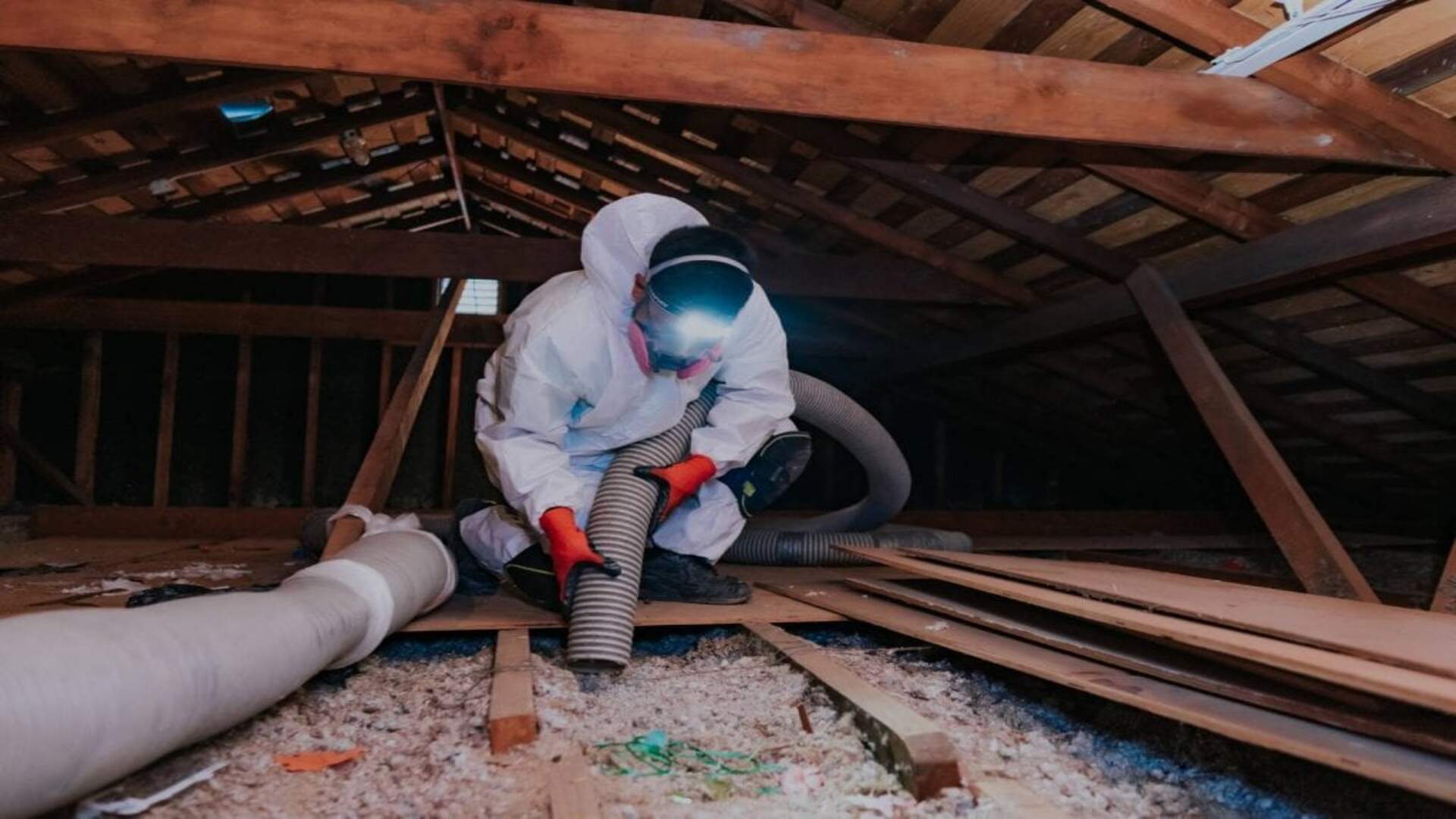
Ideal for nesting due to limited human activity and abundant insulation.
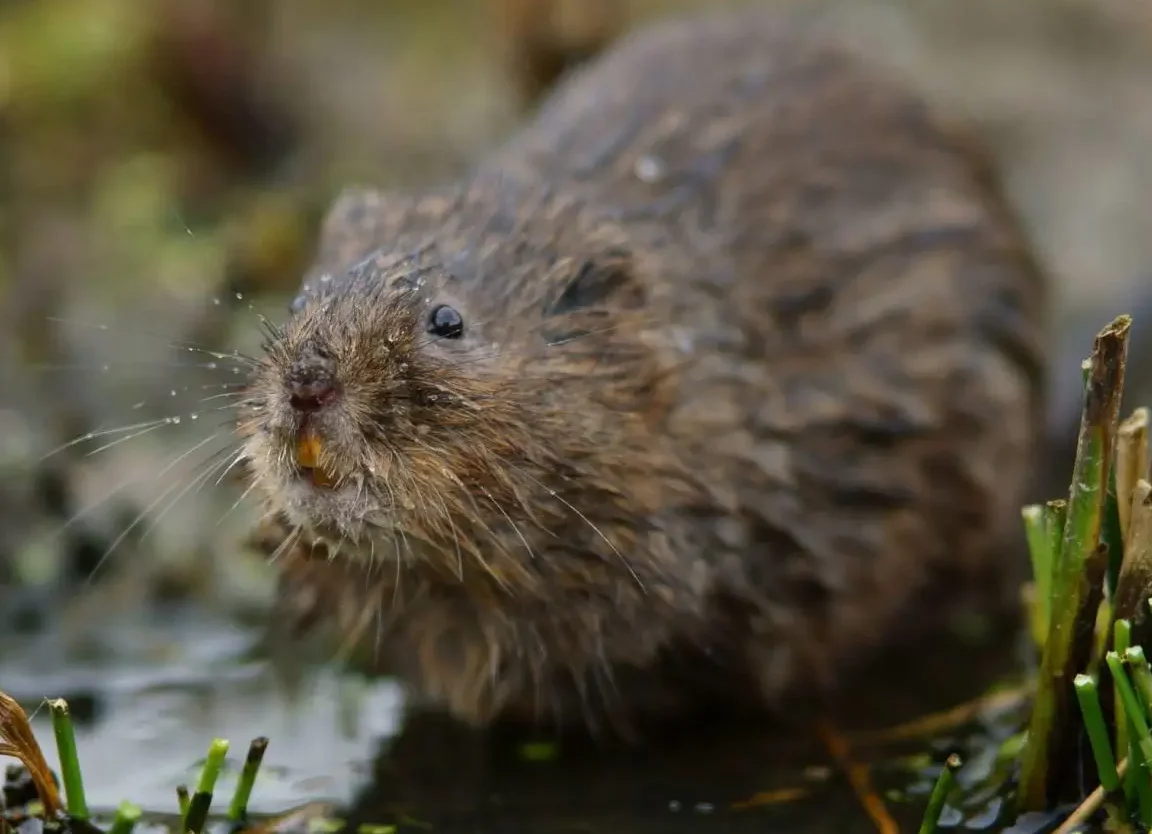
Rodents feed on fruits, vegetables, and plants, causing noticeable damage.
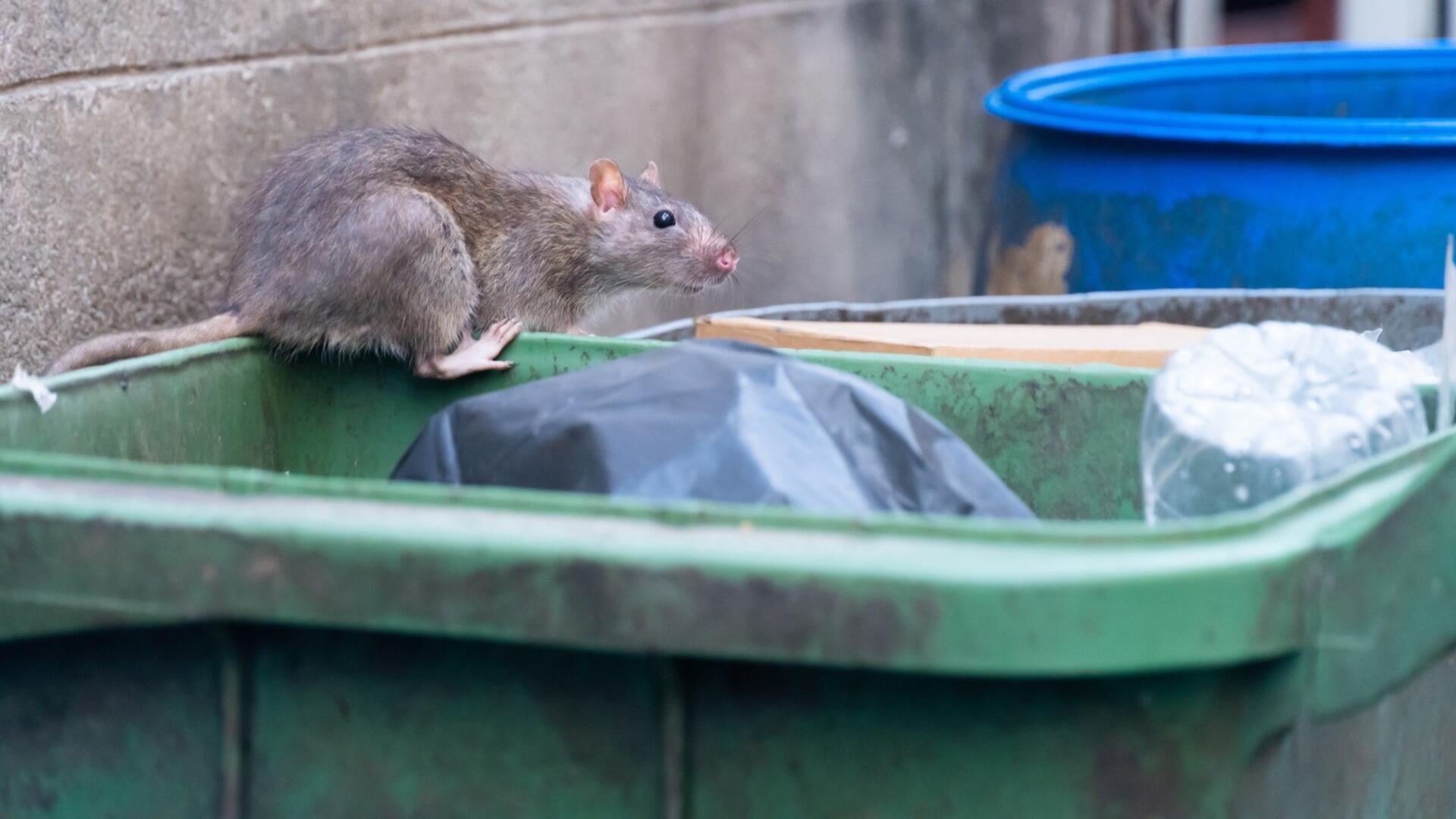
Chewed materials or nests in stored boxes may indicate rodent activity.
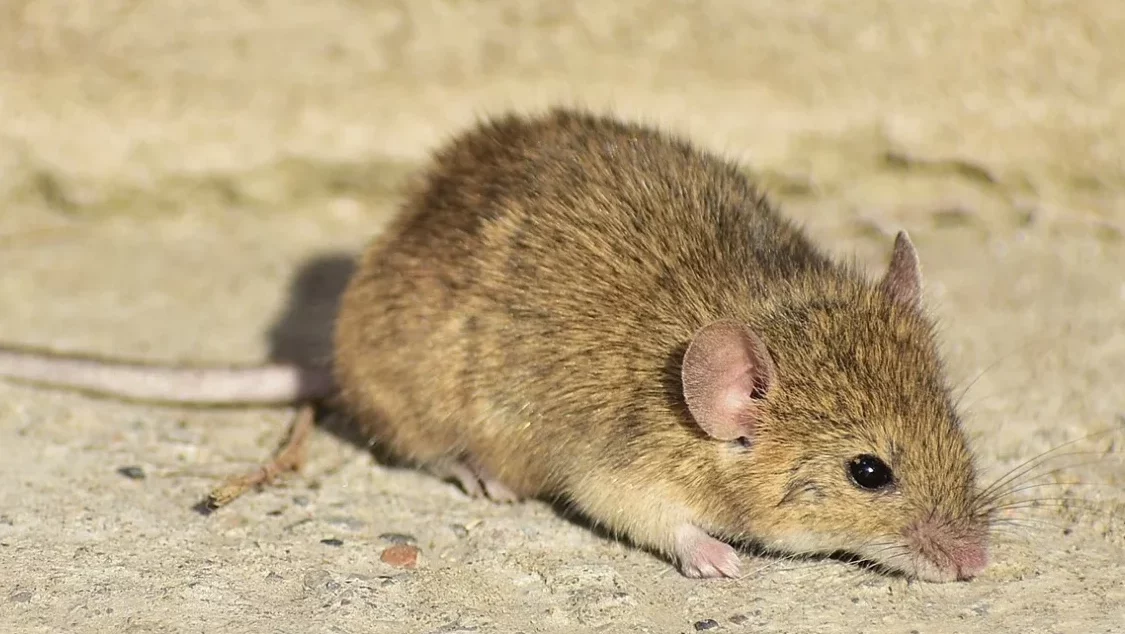
Small and agile, they are experts at sneaking into homes and contaminating food supplies.
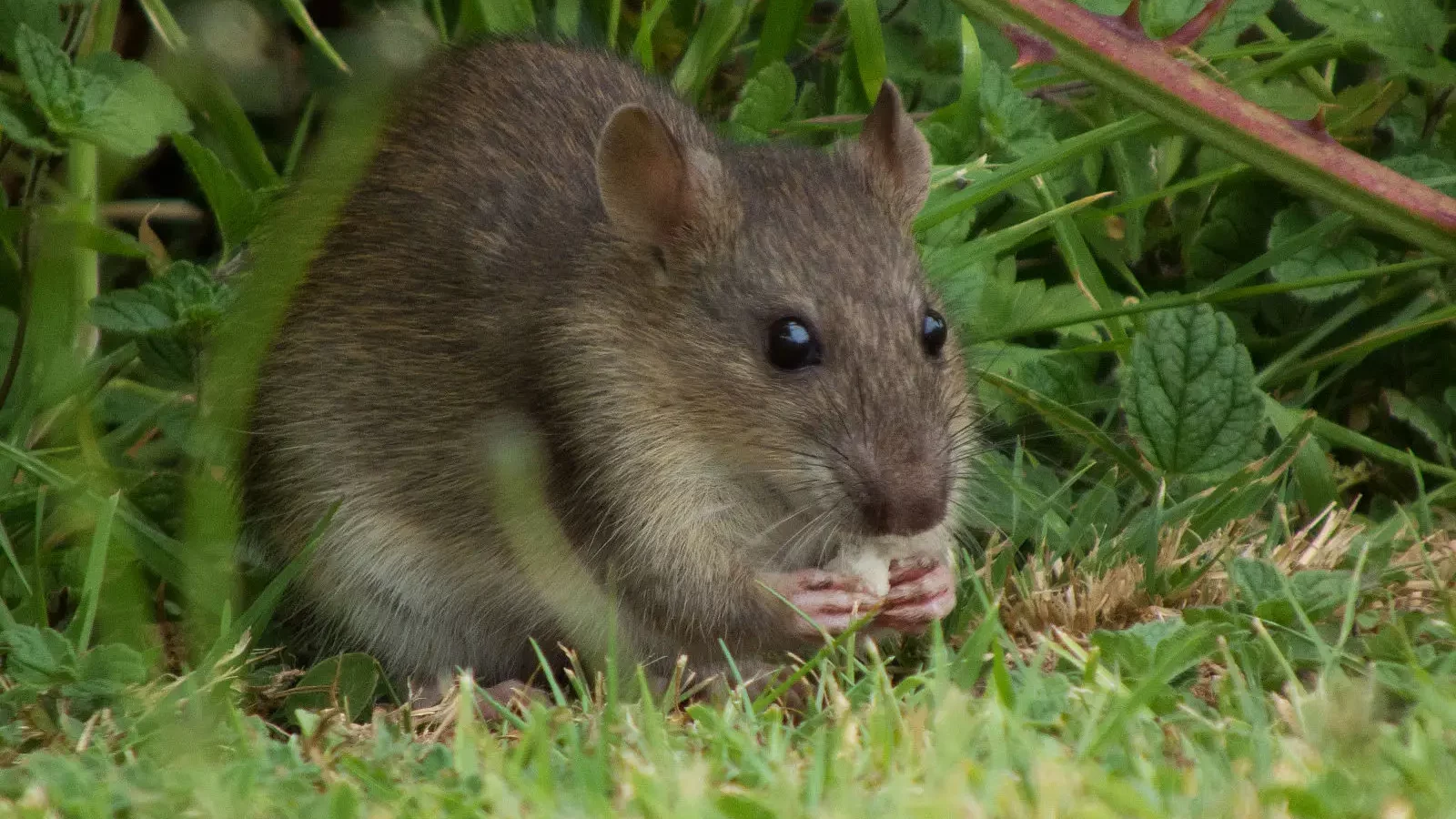
Larger and more aggressive, these rats are excellent burrowers and cause extensive structural damage.
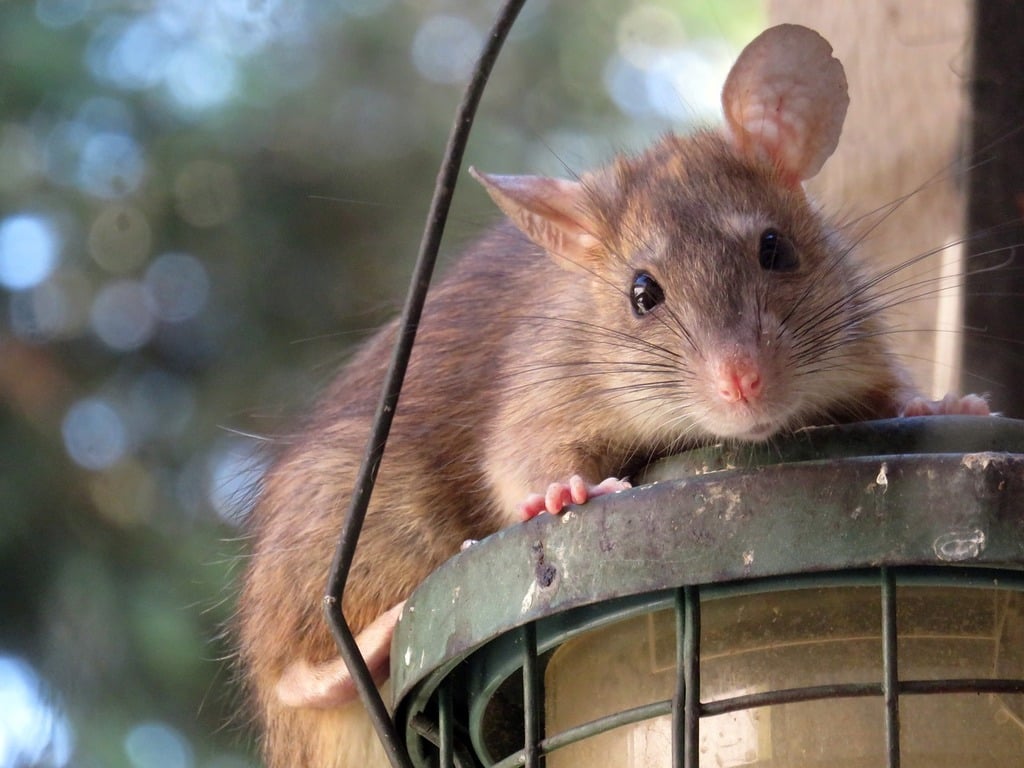
Known for their climbing ability, they often infest attics and upper levels.
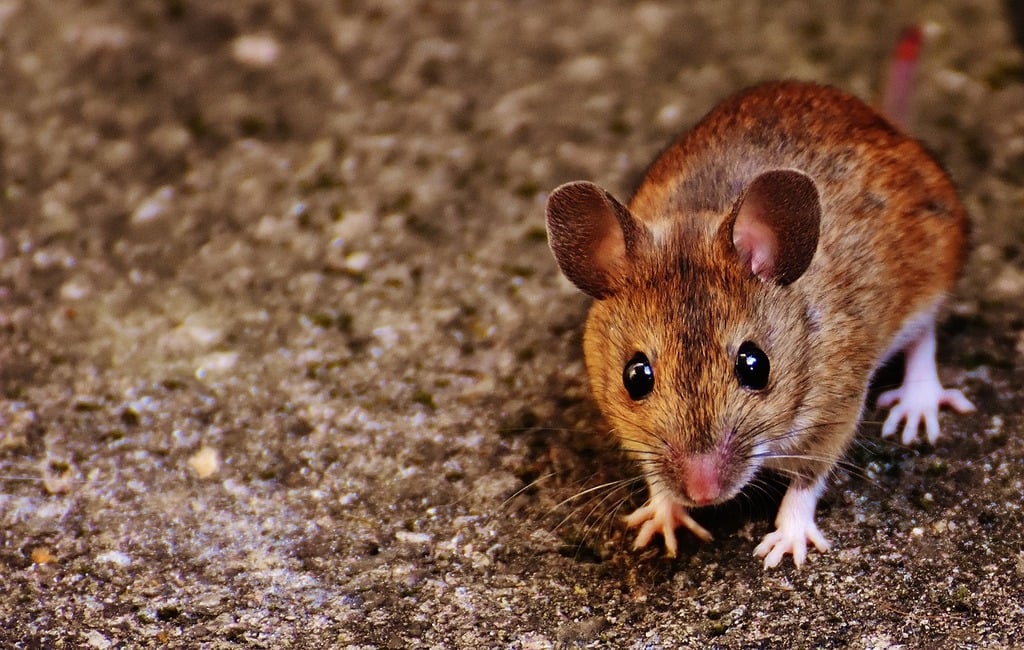
Common in rural areas, they invade homes for warmth and food during winter.
A rat’s teeth never stop growing—they can gnaw through concrete!
Mice can squeeze through holes as small as a dime.
Rats can tread water for three days.
Rodents spread over 35 diseases to humans.
Mice produce up to 50 droppings a day.
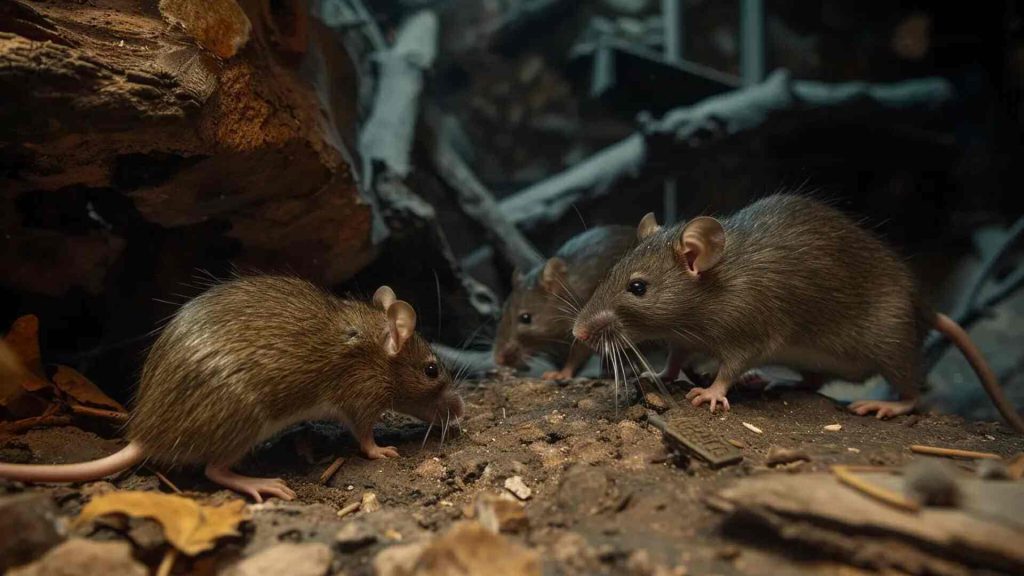
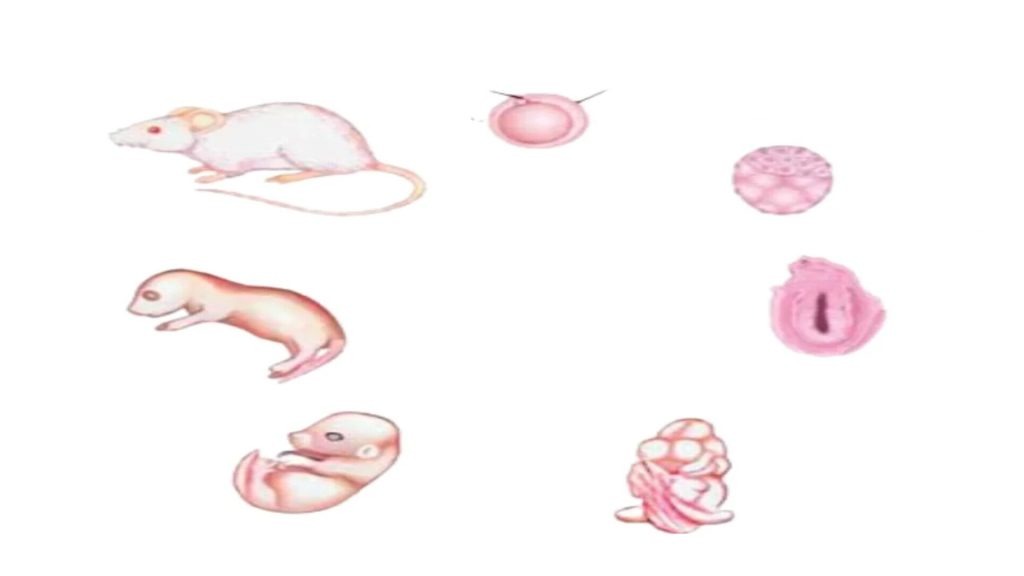
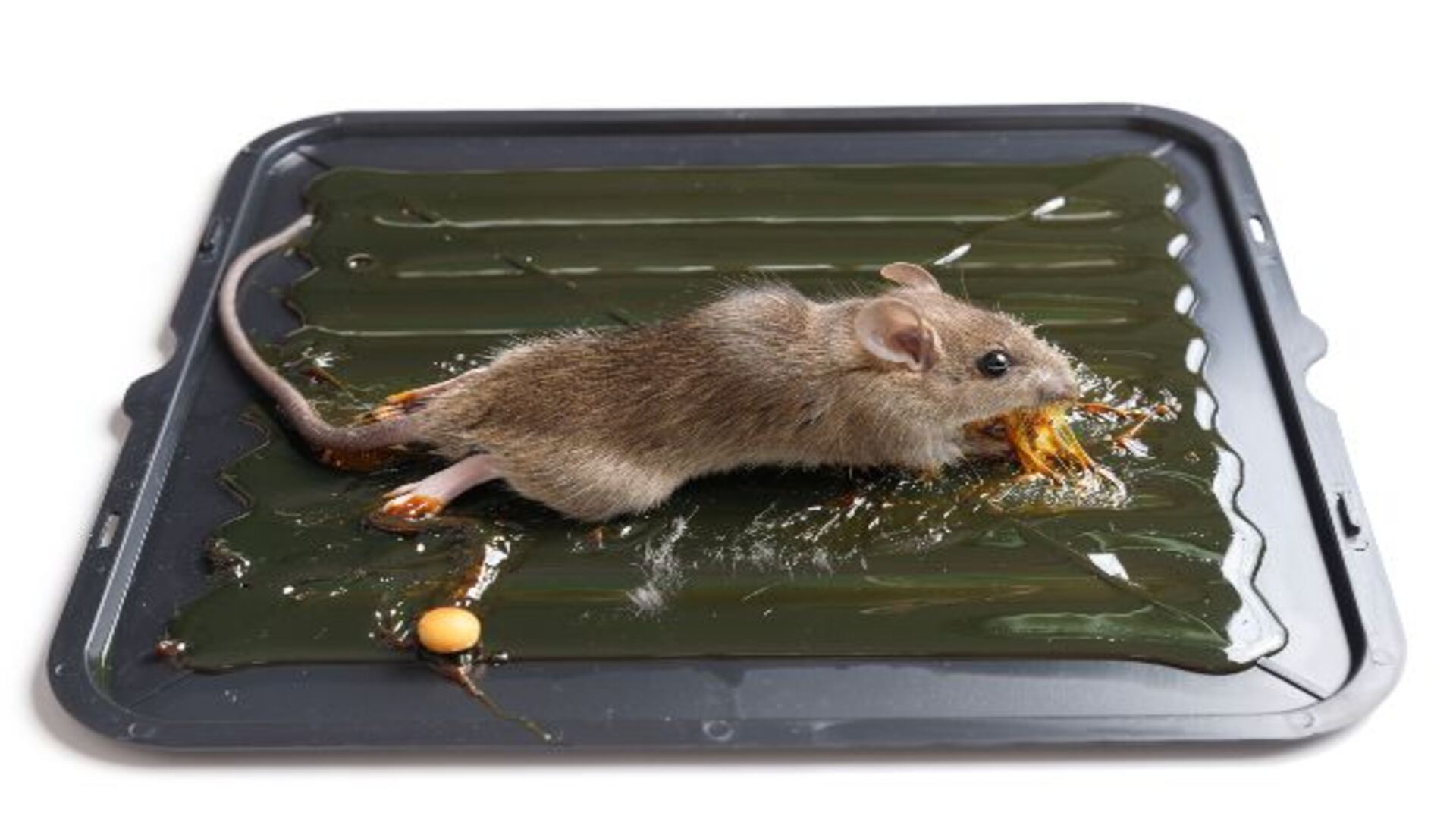
Effective for catching or eliminating small infestations.
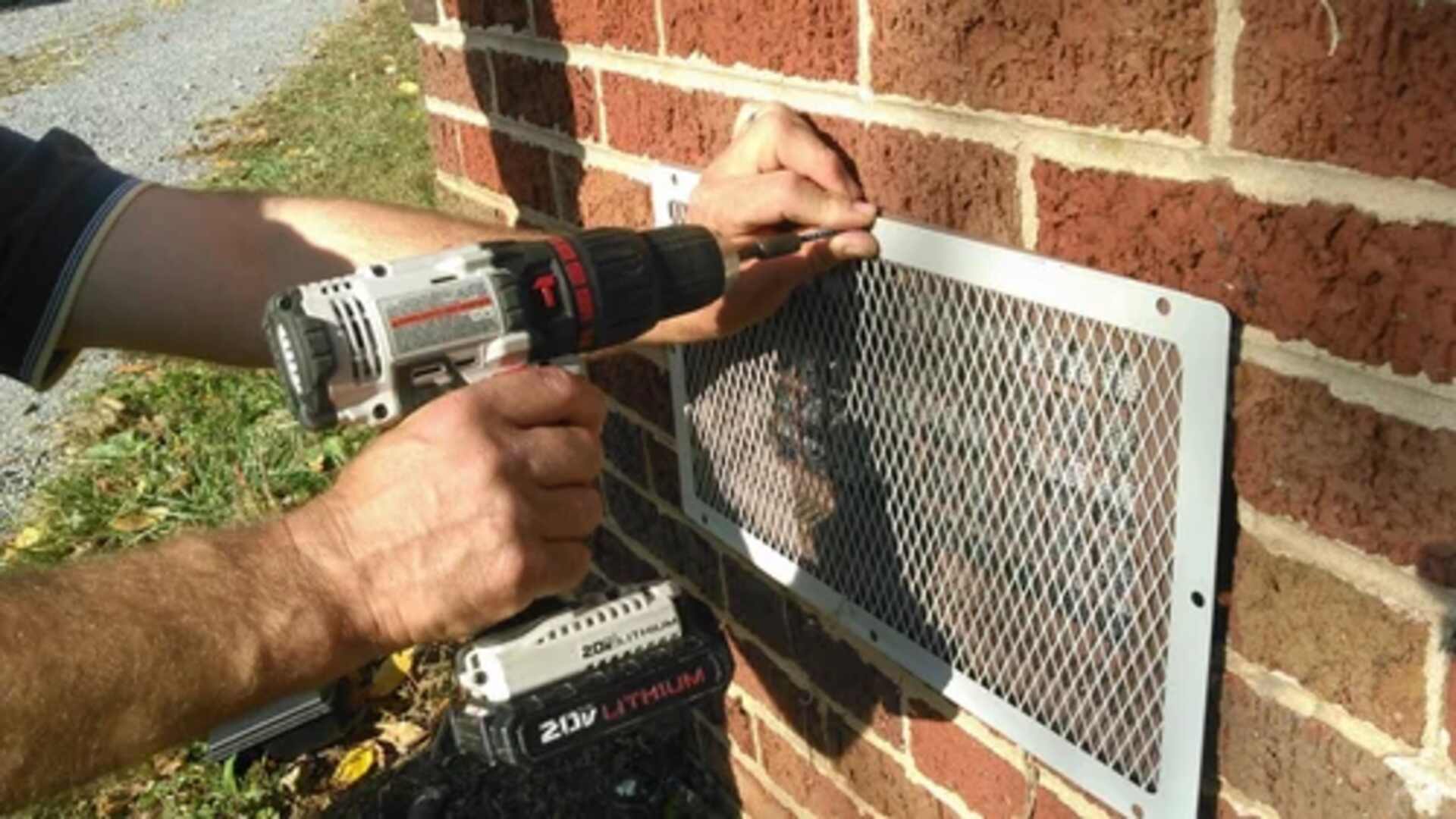
Seal entry points to prevent access to your home.
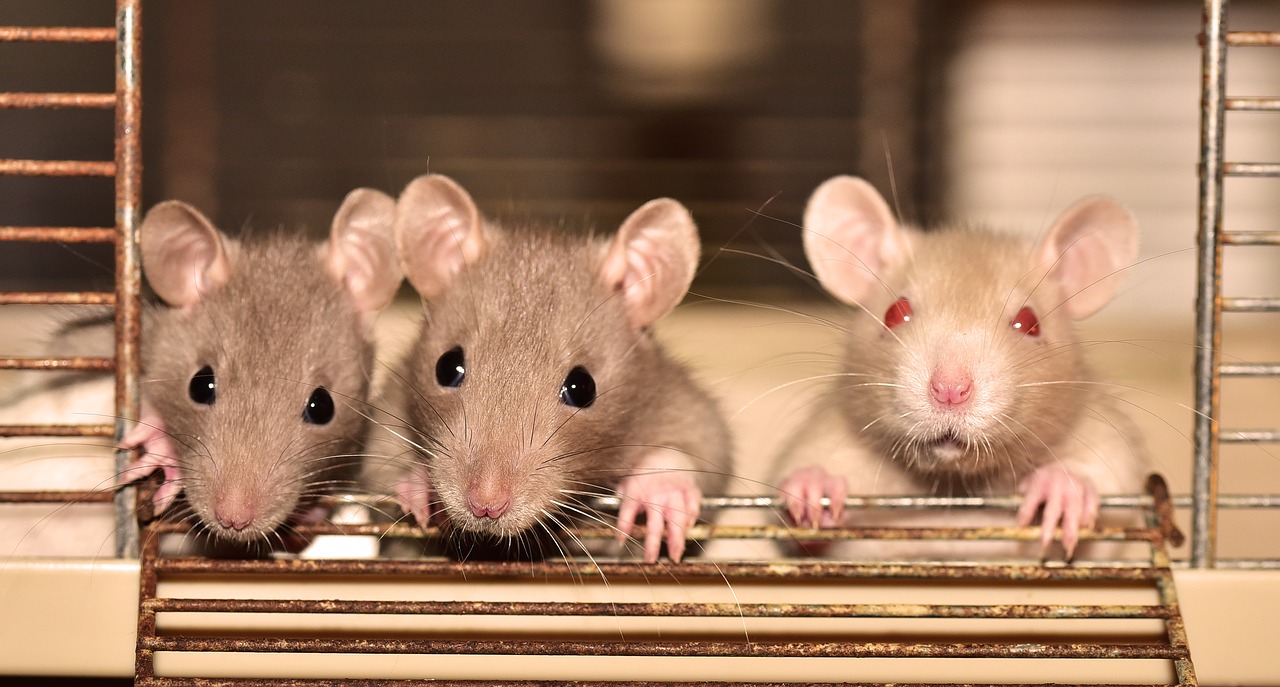
Emit sound waves to repel rodents from specific areas.

Expert assessment and treatment for severe infestations.
The largest rodent is the beaver (castor canadensis) and the smallest is the western harvest mouse (Reithrodontomys megalotis) in the US.
Moles, voles, and groundhogs are rodents that commonly dig holes in yards. moles create tunnels and molehills, voles make small holes with shallow burrows, and groundhogs dig large burrows with mounds of soil at the entrance.
The best rodent repellents include peppermint oil, ultrasonic devices, and commercial products with natural ingredients like essential oils. peppermint oil's strong scent is particularly disliked by rodents, while ultrasonic devices emit high-frequency sounds to keep them away.
Mice usually live about 1 year in the wild because of predators and harsh conditions. In captivity, with proper care, they can live up to 2 to 3 years.
Signs of a rodent infestation include droppings, gnaw marks on food and structures, nesting materials, and grease marks along walls. you might also hear scratching or squeaking noises, especially at night.
Cleaning up rodent feces can cost between $200 and $600, depending on the infestation's extent and the affected area's size. expert rodent removal services ensure that
To get rid of rodents, seal entry points, remove food and water sources, and use traps or baits. snap traps, live traps, and rodenticides are effective. if you have an intense rodent infestation, contact professional rodent control companies.
To keep mice away, seal entry points, store food in airtight containers, and maintain cleanliness. use peppermint oil or commercial repellents. regularly inspect your home and set traps if necessary.
To keep moles away, reduce their food sources like grubs and insects in your lawn. use mole repellents such as castor oil-based products or set up mole traps. maintaining a healthy lawn can also discourage moles.
Using rat glue traps is not recommended due to their inhumane nature. they immobilize rodents, causing prolonged suffering. Instead, use more humane alternatives like snap traps or live traps for rodent control.
